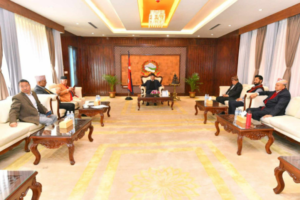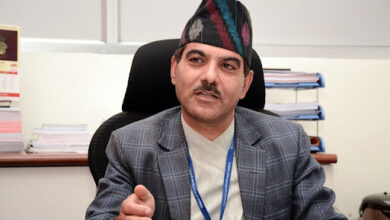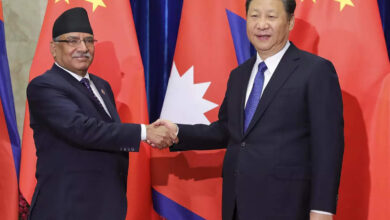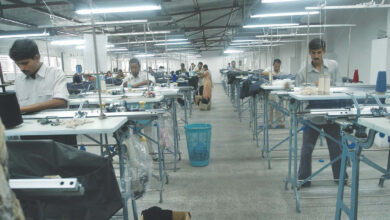In the aftermath of the recent political alliance formation in Nepal, Prime Minister Pushpa Kamal Dahal finds himself navigating a complex coalition, with signs of discontent emerging from various quarters. The alliance, comprising the CPN-UML, the CPN (Maoist Centre), the Rastriya Swatantra Party, the Janata Samajbadi Party, and the CPN (Unified Socialist), initially aimed to dismantle the previous Congress-Maoist Centre alliance but is now grappling with internal challenges.
Amidst growing unease, UML’s Pradeep Gyawali has accused unidentified elements of attempting to sabotage the coalition, emphasizing the coalition’s commitment to focus on service delivery and good governance. However, voices of discontent within the UML reveal skepticism about the alliance’s sustainability, with concerns raised over the effectiveness of low-profile and inexperienced ministers appointed to less crucial portfolios.
The Maoist Centre also faces internal tensions, particularly regarding the nomination of Narayan Dahal as a candidate for the upper house chair. This decision has sparked frustration within the party, and questions linger about how the UML, previously critical of Dahal’s nominations, will now vote in support.
Issues extend to other ruling parties, such as the Rastriya Swatantra Party, where concerns about a lack of internal discussion during the government’s formation have surfaced. Leaders within the party stress the importance of maintaining balance and inclusiveness in ministerial appointments to ensure effective service delivery.
In a surprising move, the CPN (Unified Socialist) has publicly declared its intention to withhold a vote of confidence for Prime Minister Dahal unless specific grievances are addressed in writing. This comes as the party sends two ministers to the new Dahal Cabinet, highlighting the delicate balance within the coalition.
The Janata Samajbadi Party, a recent addition to the government, also faces internal challenges, with Chairman Upendra Yadav almost in the minority within the party’s central committee. The party’s concerns revolve around the continuity of the provincial government in Madhesh province, with decisions made by other coalition partners affecting their stance on supporting Dahal.
As the ruling coalition grapples with internal dissent and the challenges of effective governance, questions loom over the longevity of the alliance, with the UML’s pivotal role in its initiation potentially determining its future. The coming days will reveal whether Prime Minister Dahal can address these internal rifts and steer the coalition toward stability or if the nascent alliance will succumb to the pressures of competing interests within.





